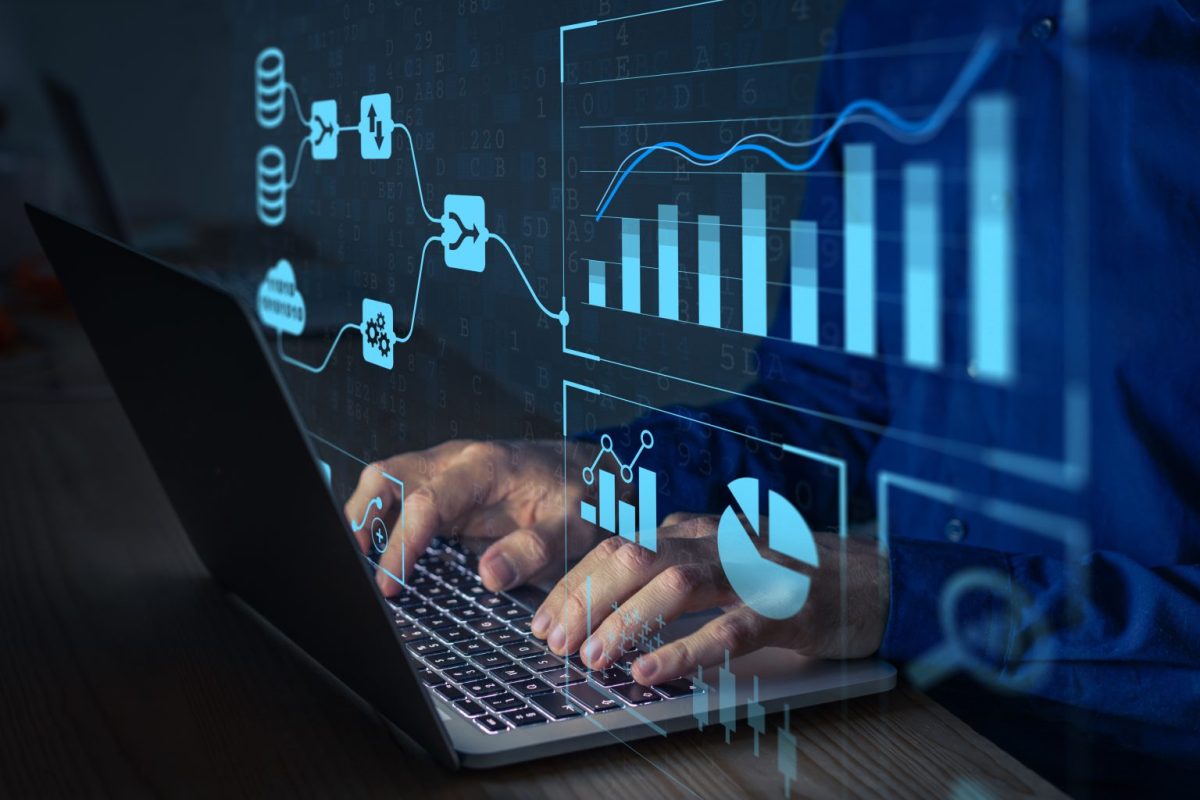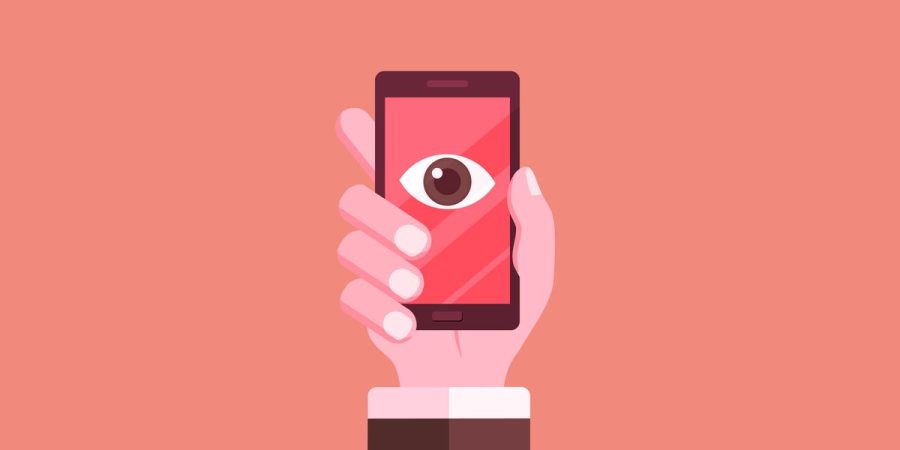Some people are worried about the use of their data and may think that when they’re doing research online they’ll get viruses.
In fact, data is always stored for security in one or more servers in the nearest data center according to their location.
Data centers are places with tons of computing machines that include routers, storage systems, servers, and application-delivery controllers.
These centers ensure people the security for their storing and statistics online.
Much of this data is collected by apps and websites that people use daily such as Google, Facebook, or Amazon.
In general, data is information such as facts and statistics collected together for reference or analysis. They can be used by computers to install apps, post on social media, or even use navigation apps.
Data is important to businesses mainly to improve decision-making and for better customer experiences.
The centers that keep those data are truly safe due to all the professional security staff using detection systems. Only the authorized staff utilize multi-factor authentication mechanisms to have access to the information.
It is important to secure data because if not, they can get lost or stolen or even end up in the wrong hands. We call these people “data trackers.”
Some of these trackers, like cross-site tracking cookies, can follow you from one website to another to then show you personalized ads based on your preferences and browsing habits. Other trackers can use your collected data in a way that could compromise your privacy or create detailed profiles of your interests.
A way to know if your data is being tracked is by noticing if your battery drains fast, having unfamiliar apps on your phone, or finding unusual increased data usage.
Using a VPN to mask your IP address, utilizing private search engines like Tor Browser, and enabling the “Do Not Track” settings on your devices are good methods to minimize data tracking.









